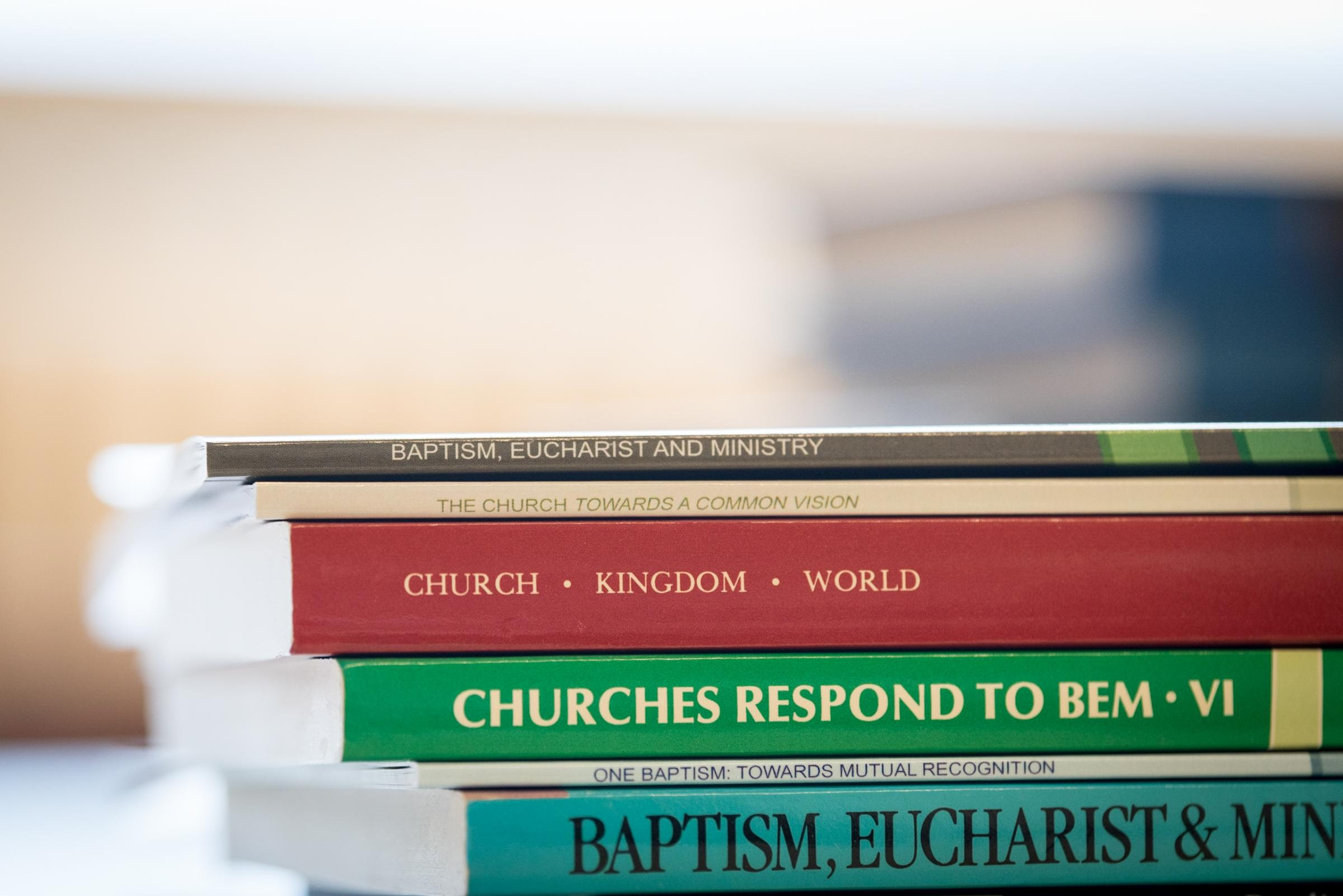“This is a digital library of more than one century of ecumenical theology,” explained Rev. Dr Odair Pedroso Mateus, WCC interim deputy general secretary and director of the WCC Commission on Faith and Order. “By ‘ecumenical theology,’ I mean theology focused on overcoming divisions among Christian churches.” In fact, Pedroso Mateus added, it’s a library of ecumenical theology “in the making” because it documents not only the theological results of studies and conferences, but also the processes whereby studies of conferences were conceived, implemented and concluded. “I wrote recently that ‘throughout the 20th century, no other movement or institution embodied with comparable longevity and persistence the service of theology to the search for Christian unity as the 1910 movement on Faith and Order and its successor after 1948, the World Council of Churches Commission on Faith and Order,’ ” he said. “The statement lacks some modesty but it’s not inaccurate.” As Pedroso Mateus—working with WCC communications director Marianne Ejdersten, and consultant and former WCC staff J. Michael West—moved to digitise the Faith and Order library, they began to think about ways of facilitating access to its content. "Access is free of charge, including downloading,” explained Pedroso Mateus. “The library’s opening page, on the WCC website, includes abstracts of almost all documents.” Those abstracts, written by young and aged theologians from all continents and main Christian traditions, give the reader an idea of the content of the document in order to facilitate research. As West explains: “The publications themselves, broken into two series (before and after the inauguration of the WCC in 1948), capture the insights and convictions of several generations of ecumenists and theologians on a full range of theological and practical issues: ecclesiology, Christology, liturgy, social ethics, the work of the Spirit, biblical authority and hermeneutics, and of course baptism, eucharist, and ministry.” | 



No comments:
Post a Comment